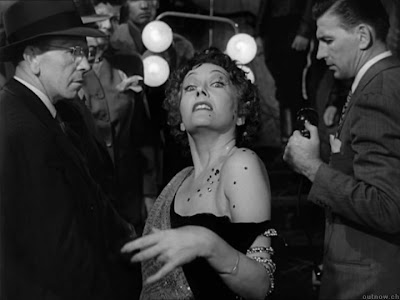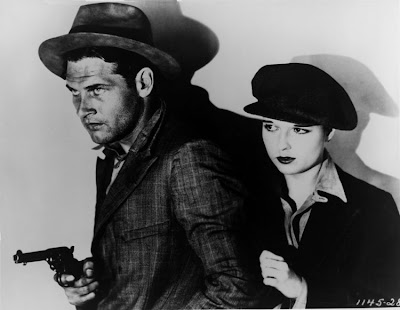
Call for Short Articles on Anarchism and Decadence: Deadline January 17, 2008
***CALL FOR SUBMISSIONS***
Calling all Anarchists and Anarchist-Friendlies! You are invited to submit a short (500 words or less) article for the next LV Night Review on the topic of the intersection between anarchism and decadence. Feel free to address the topic directly or simply write to whatever feels relevant to you. We have all sorts of people writing all sorts of things, from diy spa recipes to celebrity gossip to gentleman etiquette to theoretical anarchist analysis so don't be afraid to just submit something. This is an anarchist publication, so write whatever you fucking feel like, just send it to louisvuittonnight@gmail.com by January 17th!
The LV Night Review is the companion publication of Louis Vuitton Night monthly variety show known as "Denver's Most Elegant Anarchist Variety Show," for more info on the show, check out myspace.com/louisvuittonnight. The LV Night Review is published monthly so if you can't make this deadline, don't despair! Just email us to get on the LVN Writer's Email-list and we'll keep you posted about the next theme.
***BACKGROUND***
If you're still lost here's a little background and focus questions:
For anarchists during the last turn of the century the debate between anarchism and decadence was a point of serious division.
Everyone knows that Oscar Wilde represented the union of decadence and anarchism best. But, did you know that he believed that decadence was the best expression of elegance, art and politics free from moral, political and religious coercion? He purposely emphasized the term "decadence" because he embraced all the negative connotations of the Dandy (or the vapid artist hipster) and felt that it was in the interest of anarchism to be the worst possible "citizen." The Dandy was the extension of this theory, a wholly depraved and self-centered person that was, in a word, ungovernable. The decadent movement surrounding Wilde helped to create a dynamic cultural movement that was pivotal in the anarchist rebellions of the 20's and 30's, in helping to create a social atmosphere that was anarchist friendly to providing material support for anarchist projects and anarchist uprisings. On the other hand, many anarchists criticize this philosophy as leading to an apolitical hipster-like population that is more apt to profit off revolution than contribute to it. Where do you stand?!
***FOCUS QUESTIONS***
You may choose from these questions, but don't bite off more than you can chew. You know what you think, so just make it work!
Which is more relevant to you, anarchism or decadence, and is there a time or a place when the two merge?
In an anarchist society what would decadence look like, or would it exist at all?
What are some specific strategies that anarchists can learn from the decadence movement?
Are there any failures that you have witnessed within the anarchist movement that could be avoided with a little dandyism?
When does decadence go too far and should anarchists be worried about the message of decadence?
Or simply write about personal examples of decadent anarchism or anarchic decadence.



